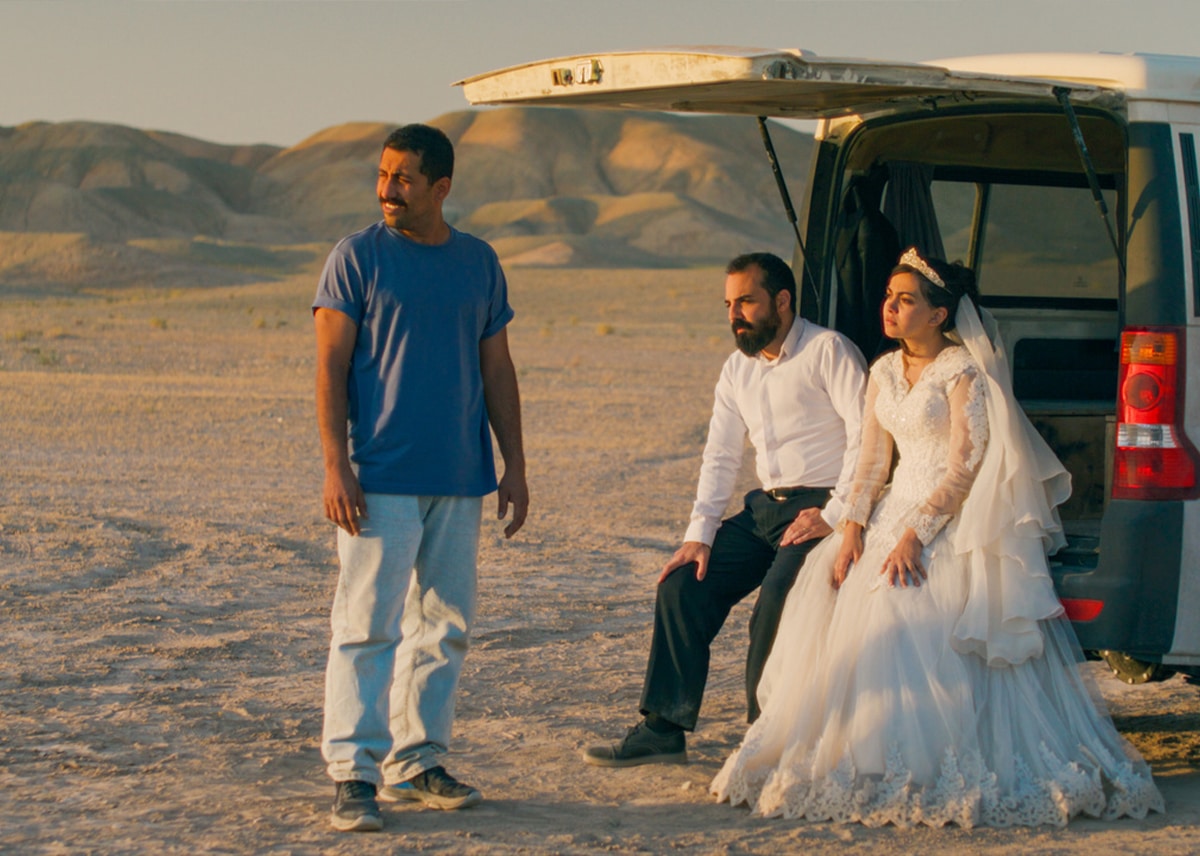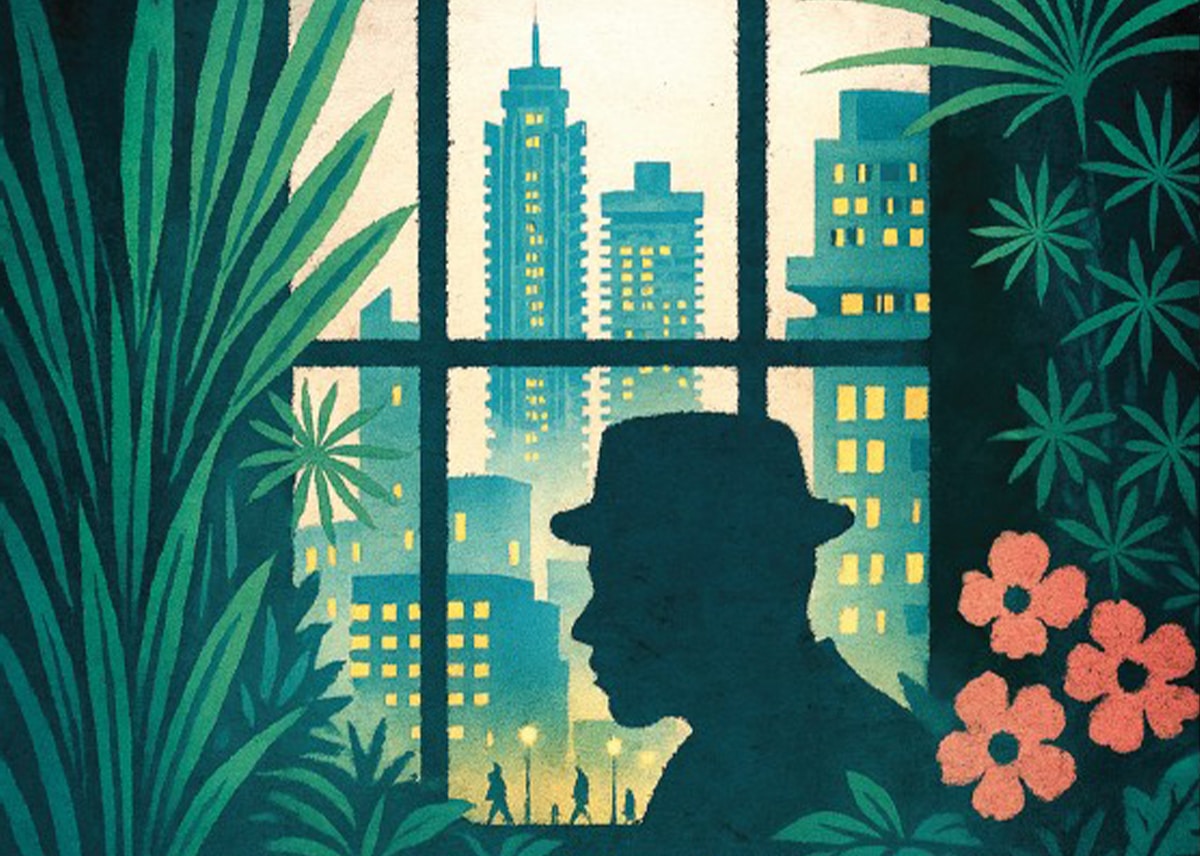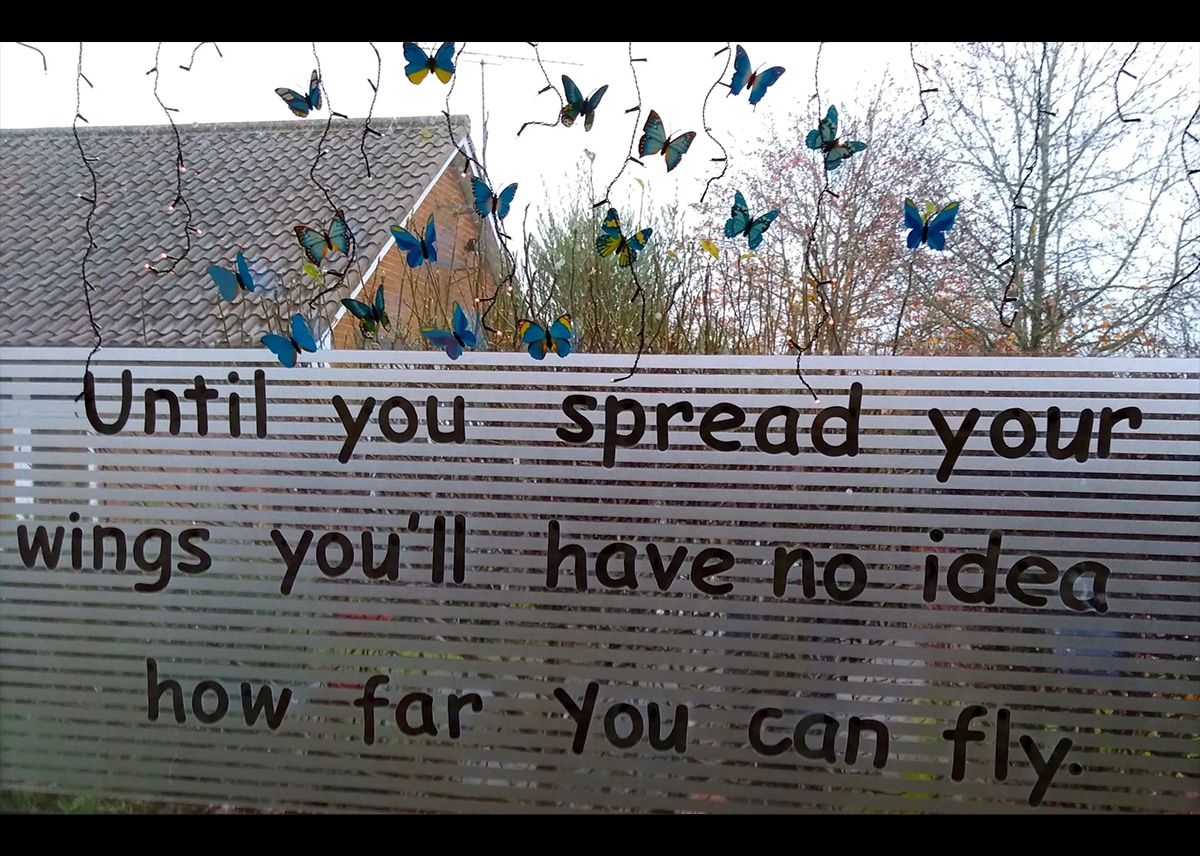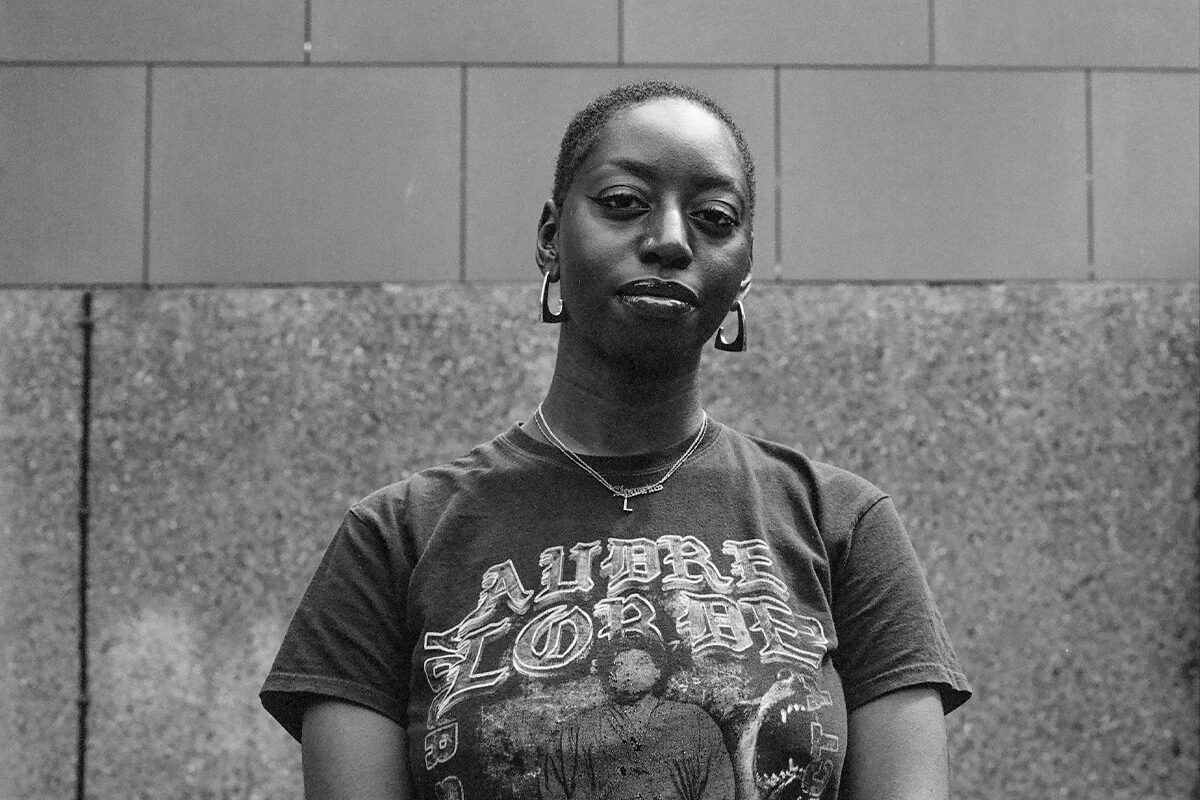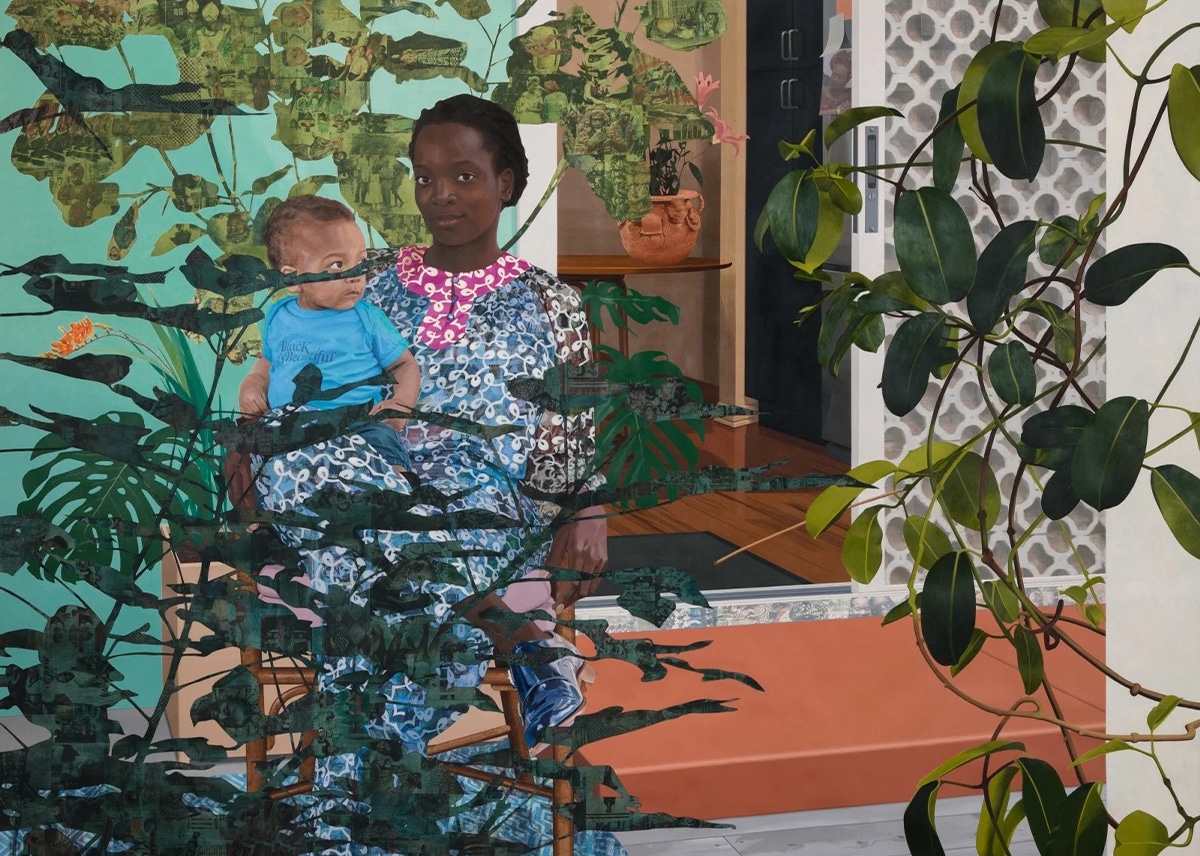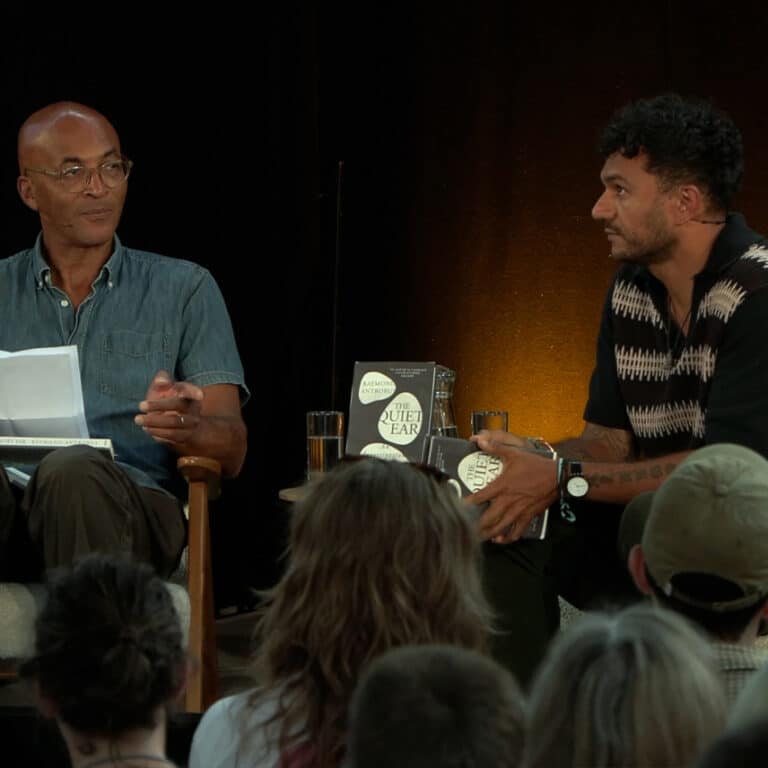Nope

Writer/Director – Jordan Peele
Review by Colin Grant
In recent years, Jordan Peele has established his signature as a writer/director of smart and knowing horror films such as Get Out and Us that have exposed white Americans’ fear of retribution for the litany of crimes committed against their black compatriots over centuries.
In Peele’s creations, the black bogeymen and women have not conveniently gone away with the markers of racial progress – the Civil War, civil rights and a black man in the White House; they remain the accusing faces at the bottom of the well, the shuffling subterranean dwellers in basements. If not fully African Americans, then they are vengeful, mutated versions.
But there are no simple divisions between heroes and villains. Peele’s films seem to work on the complicated maxim: who shall feel threatened if not everyone? Over two hours on the silver screen, the purveyors of horror do not appear to discriminate between deserving and undeserving victims. Black people’s deaths in his films are part of the collateral damage in the great reckoning that the USA has to answer for the sins of its brutal past.
That notion of black outliers living in jeopardy, like the canaries in cages of coal mines whose deaths heralded the presence of noxious gases, is seeded through Peele’s latest work, Nope, a hybrid of horror and alien invasion films.
Here – look up – the threat is coming from a captivating UFO which appears to be playing hide and seek in the sky before unleashing its terror. Specifically, the UFO has come to inhabit the skies above a black-owned ranch in California, run by a father, Otis Haywood Sr. (Keith David) and his adult children, OJ (Daniel Kaluuya) and Emerald (Keke Palmer) who train their horses to be used in Hollywood films.
Early on, while he’s out exercising one of the horses, Otis is caught in a strange electrical storm which rains coins, keys and other metallic detritus that cut into him and eventually kill him. His adult children, however, do not take his bizarre death as a cue to pack up and head East.
As the mournful son, Kaluuya performs with a taciturn watchfulness that has become a kind of trademark of his acting. Doleful OJ is contrasted with his highly energised sister who boasts a portfolio career and has a fine entrepreneurial nose for opportunity. Neither of them is animated by a need to uncover the enigma of their father’s death; rather they’re both (albeit Emerald more than OJ) exercised by the tantalising profits to be made if they can capture the UFO on film.
Nope suggests that the human desire to manifest spectacle always comes with consequences that may seem unexpected but have actually been foretold. The UFO as a harbinger of destruction is mirrored in a back story in which a chimp on a soap opera TV set, in front of an audience, runs amok and bludgeons his human co-stars to death.
There’s no clear explanation for why the chimp goes ape, just as there’s no reasoning for the aliens’ displeasure. Unlike the alien invaders in other films of this genre, there’s no attempt at communication; these extra-terrestrials are not very clear cut in their needs or desires. The spaceship sweeps down, opens a portal, ingests humans, fairground attractions and whatever else is in its path, and later expels, as if indigestible, parts such as those deadly coins and keys.
Nope offers none of the moral lessons – about the danger of mankind destroying planet earth – built into earlier alien invasion films such as The Day the Earth Stood Still (1951). Yet the mood and atmosphere of its predecessors – whether serious or comic – are often evoked: the unseen, unfathomable aliens on board the saucer-shaped UFO in Nope echo the menacing presence of the spacecraft in Close Encounters of the Third Kind; and the cute yet disturbing giant inflatable cowboy advertising the Wild West amusement park which might save our heroes, calls to mind the malign, giant Marshmallow Man mascot in Ghostbusters.
Notwithstanding the limited joy available from excavating meaning from Peele’s latest film, as a diverting spectacle riven with a catalogue of alien invasion and horror film tropes – unrealistic strategies to lure away the malign force, ennobling self-sacrifice, mining of tension before the big reveal, a steady drum beat towards a catastrophe that may yet be avoided – Nope is undoubtedly dope.
It Was Just an Accident
Iranian director Jafar Panahi's film probes the relationship between individuals, the state and violence with determined humanism
Concrete Dreams
A novel about doing rather than feeling, each episode in this long piece is discomfortingly realistic.
Phoenix Brothers
Sita Brahmachari's novel raises questions about agency, assimilation and solidarity for refugee children
Britain on the way home
'It is not their flags we should be afraid of, but their anger.'
Tell My Horse
My favourite book; an audacious, compelling and forensic expedition into Jamaican and Haitian socio-cultural lived experience in the early twentieth century
Between tradition and innovation: Njideka Akunyili Crosby’s cross-cultural currents
Drawing of parallels between the art of Njideka Akunyili Crosby and Kerry James Marshall

Reggae Story
Hannah Lowe reads her poem, 'Reggae Story' inspired by her Jamaican father, Chick. Directed by Matthew Thompson and commissioned by the Adrian Brinkerhoff Poetry Foundation.
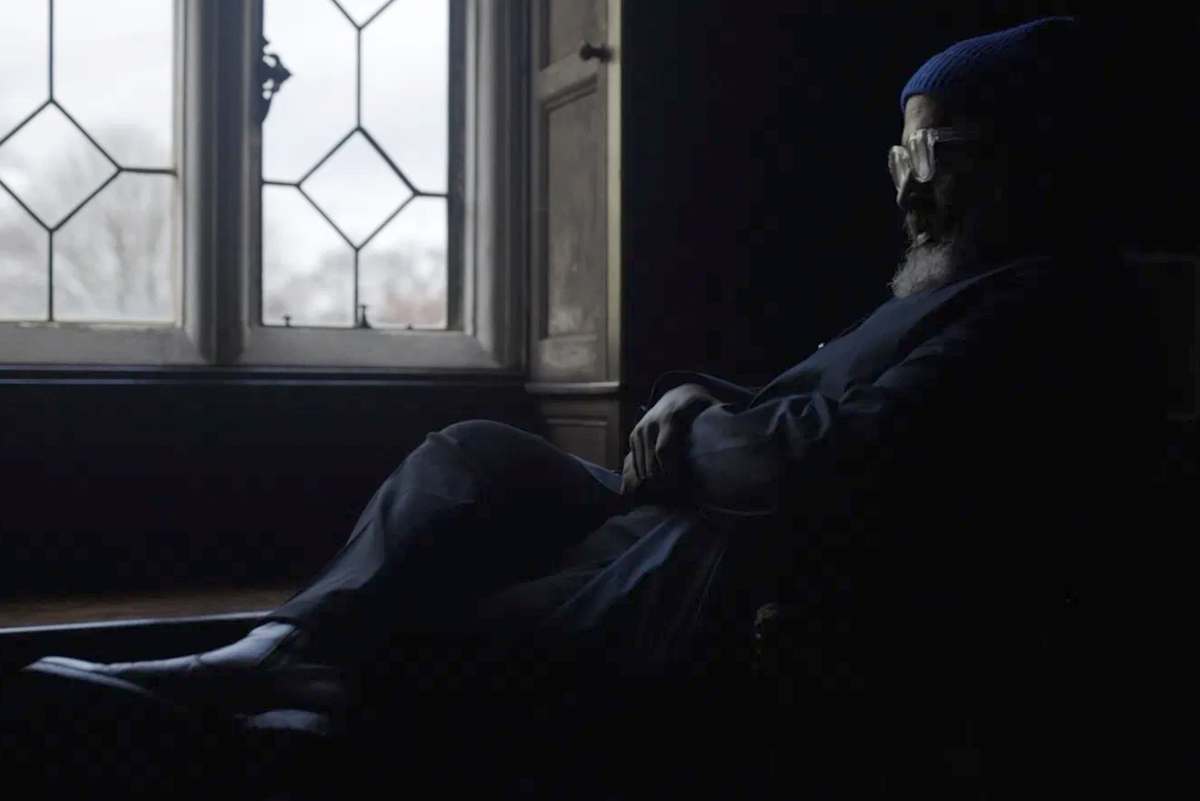
The City Kids See the Sea
Roger Robinson reads his poem, 'The City Kids See the Sea'. Directed by Matthew Thompson and commissioned by the Adrian Brinkerhoff Poetry Foundation.
Illuminating, in-depth conversations between writers.
Listen to all episodes
SpotifyApple Podcasts
Amazon Music
YouTube
Other apps
The series that tells the true-life stories of migration to the UK.
Listen to all episodes
SpotifyApple Podcasts
Amazon Music
YouTube
Other apps
Afro-Caribbean writer Frantz Fanon, his work as a psychiatrist and commitment to independence movements.
Listen to all episodes
SpotifyApple Podcasts
YouTube
A six-part audio drama series featuring writers with provocative and unexpected tales.
Listen to all episodes
SpotifyApple Podcasts
YouTube


